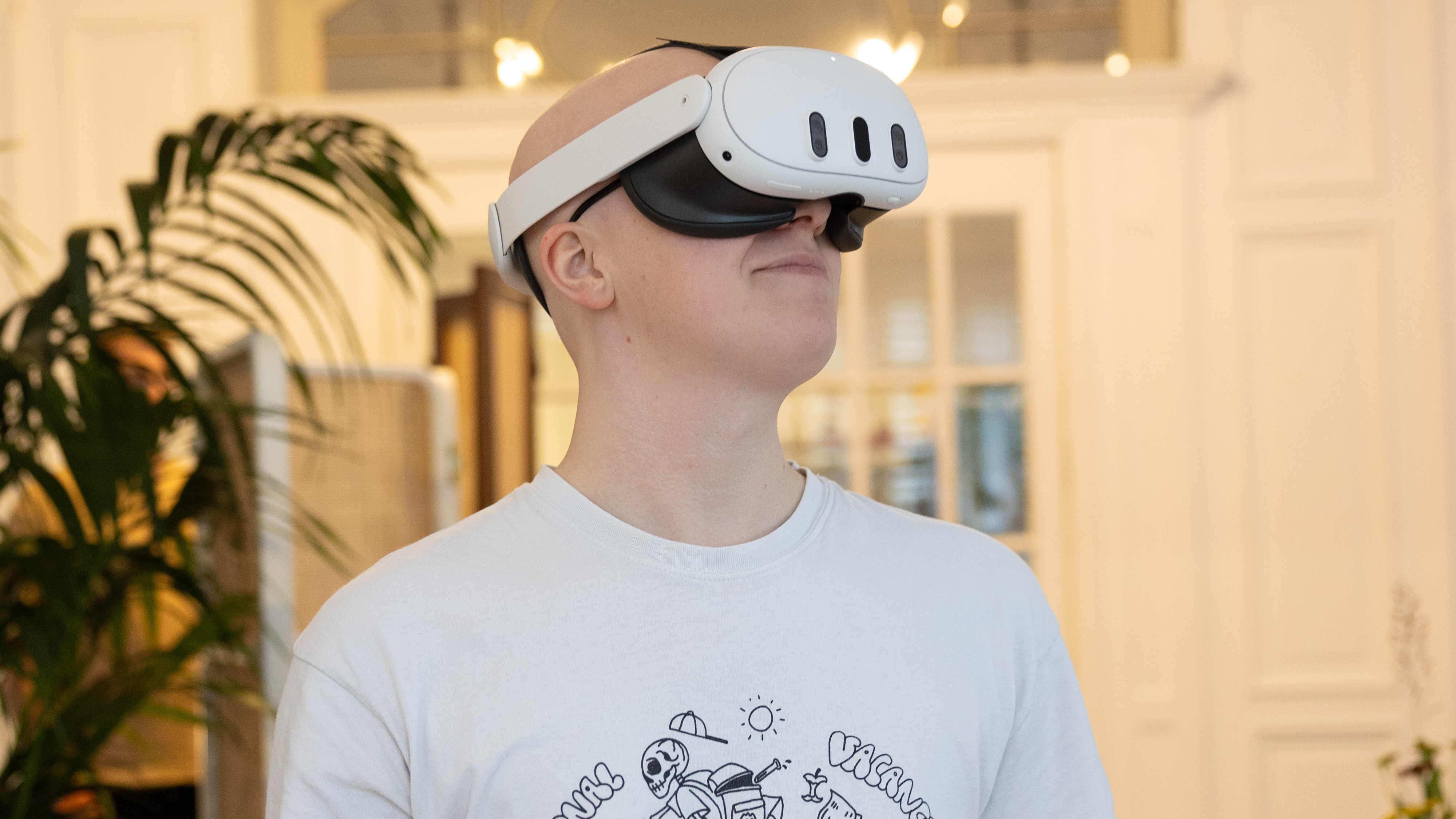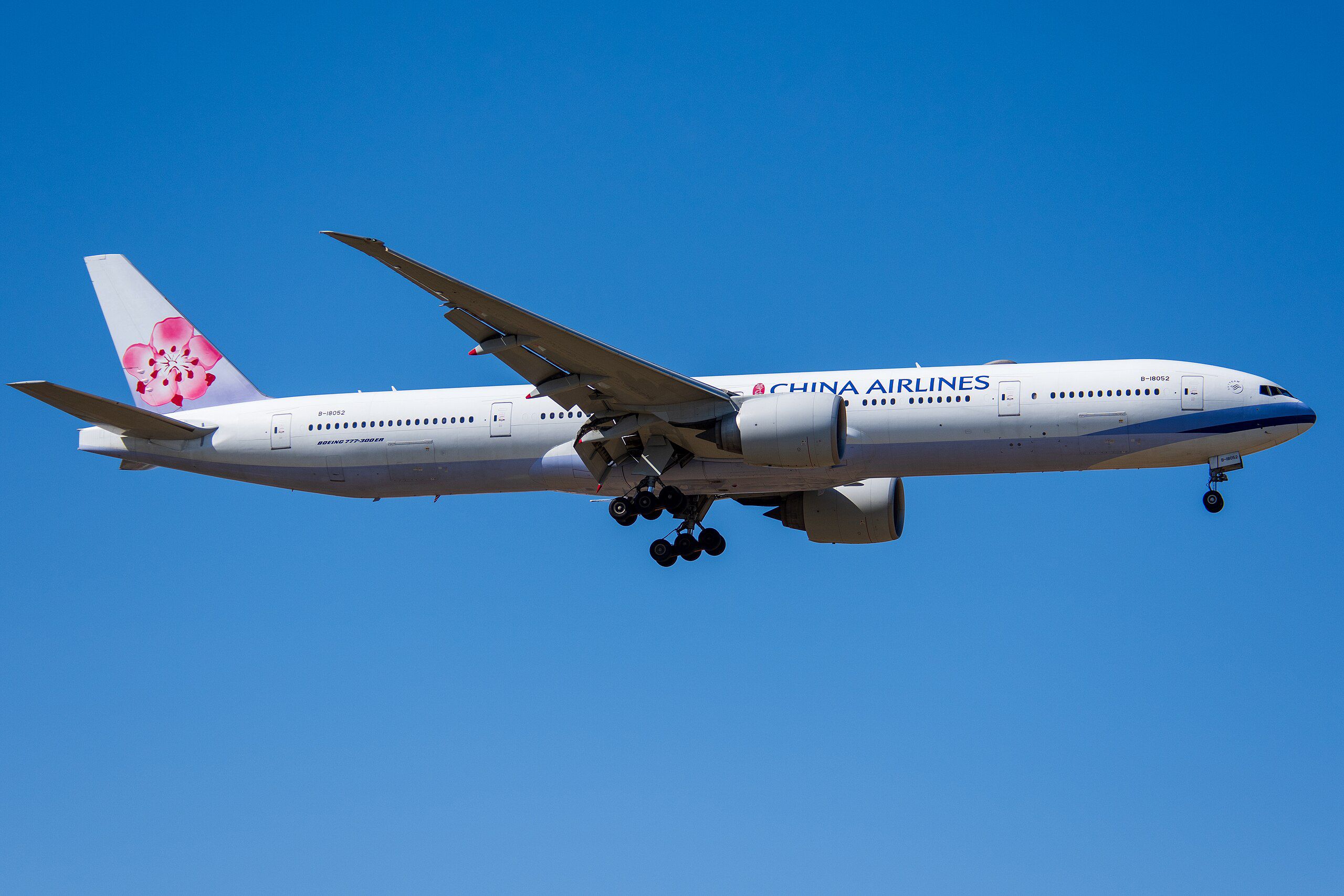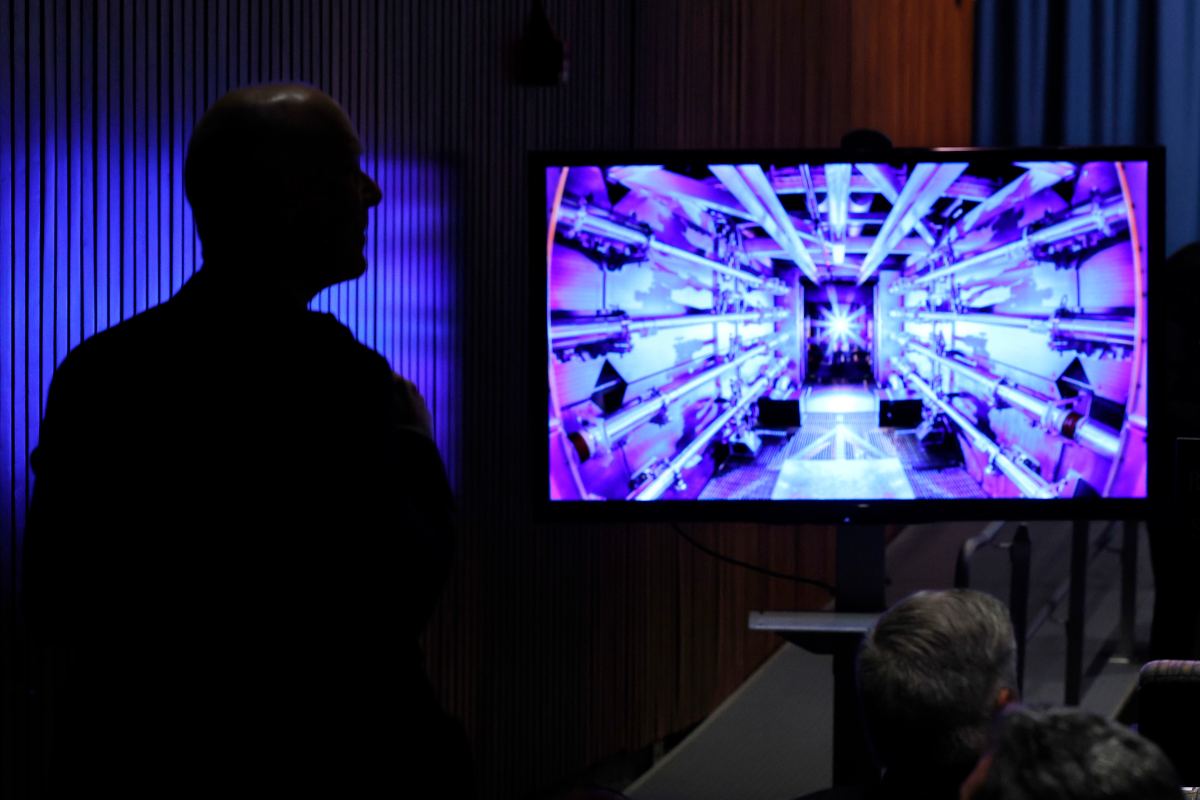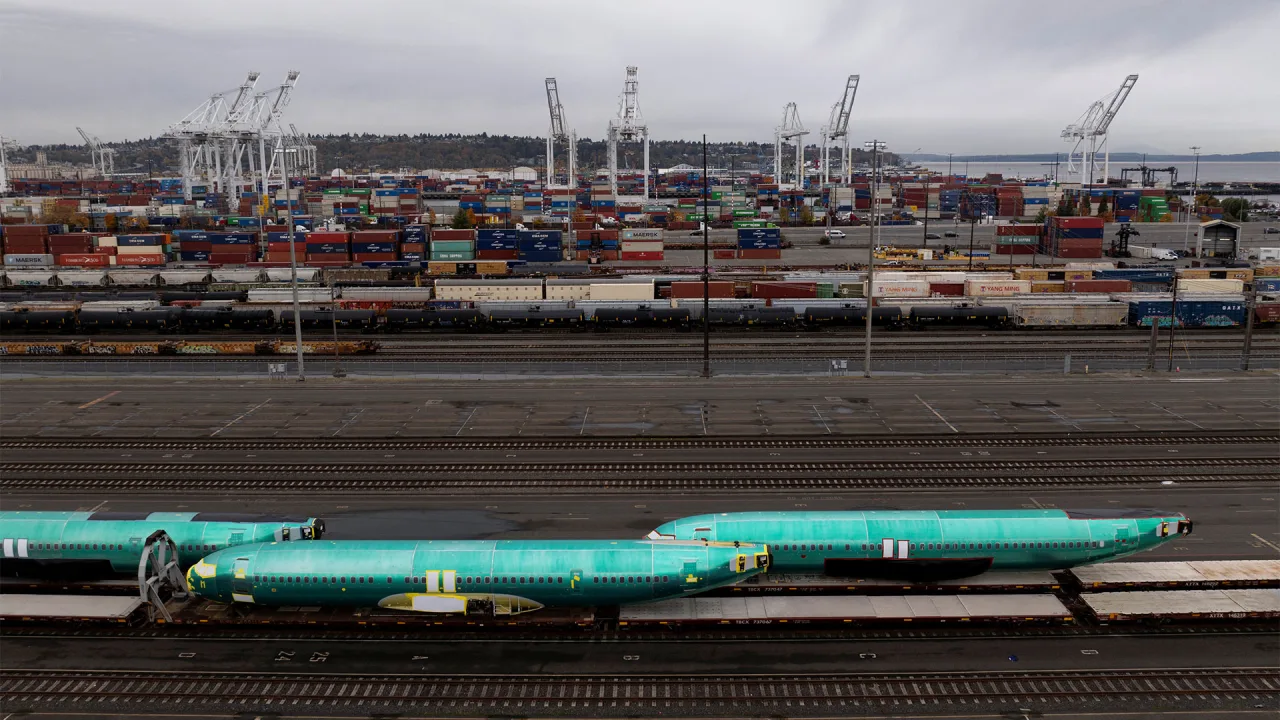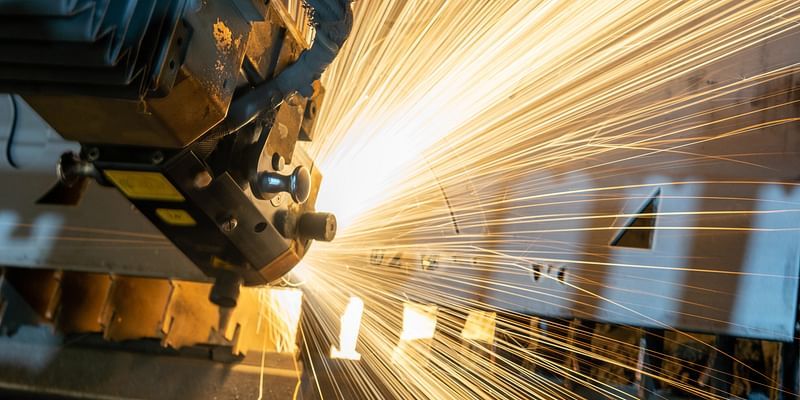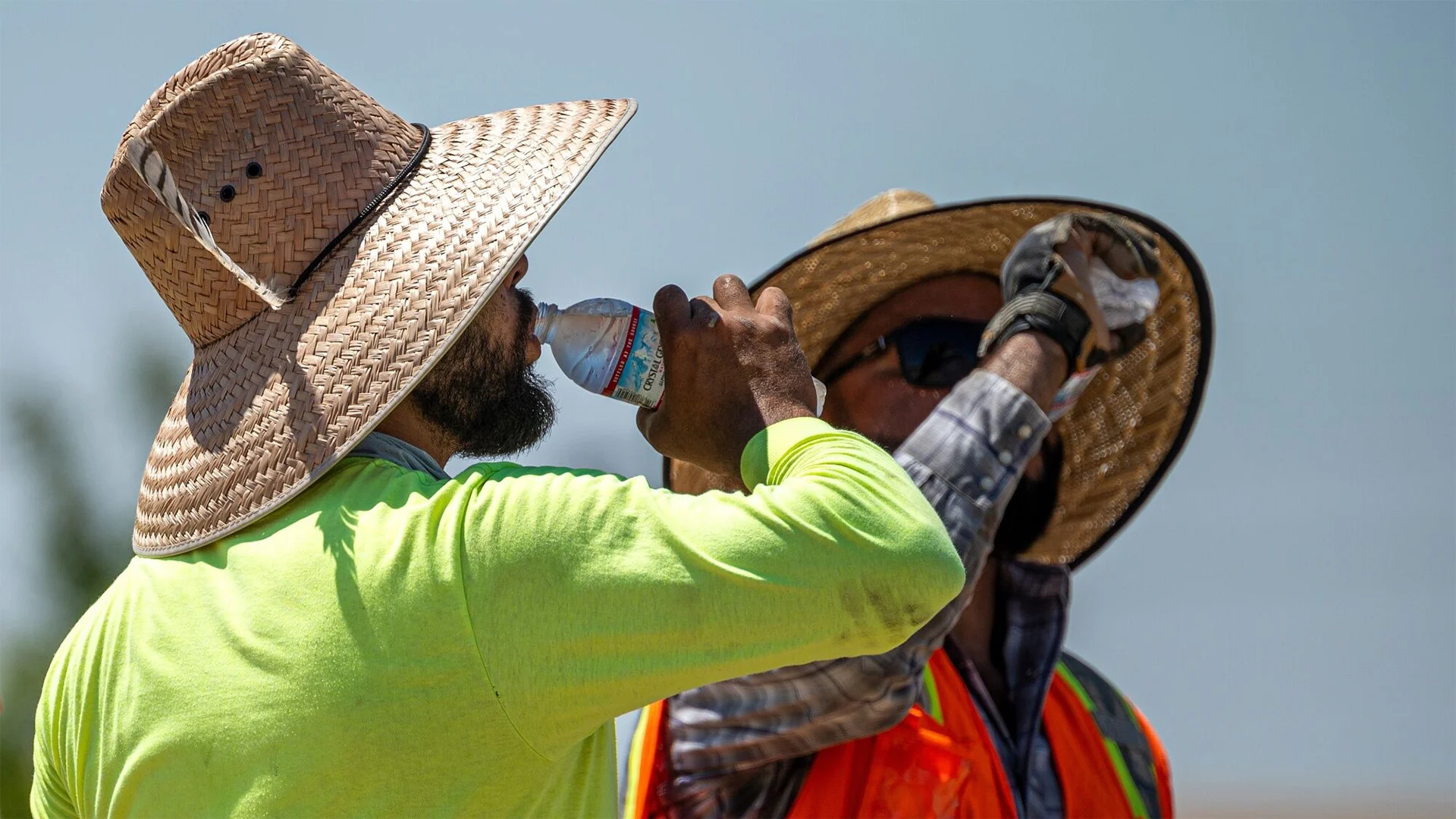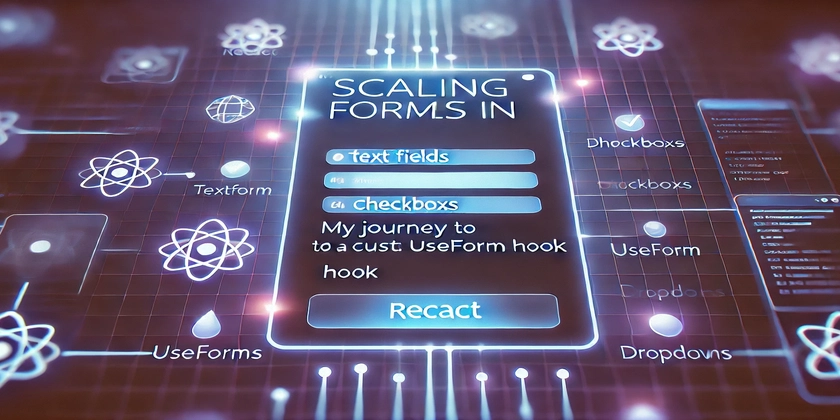Aerospace Engineering: What It Is, What It Involves, and Why It Matters
Aerospace engineering is the branch of engineering that deals with the design, development, and testing of aircraft and spacecraft. It’s a highly technical field that plays a major role in modern life—from how we travel and communicate, to how we explore space. Whether it's commercial jets flying across continents or satellites orbiting Earth, aerospace engineering is behind it all. Understanding the Basics At its core, aerospace engineering focuses on two main areas: aeronautics and astronautics. Aeronautics is about aircraft that fly within Earth’s atmosphere—such as airplanes, helicopters, and drones. Astronautics, on the other hand, deals with spacecraft and systems that operate beyond the atmosphere, including satellites, rockets, and space stations. Both areas demand a strong foundation in physics, mathematics, and materials science. Engineers in this field often work with cutting-edge technology to make vehicles faster, lighter, safer, and more efficient. What Does an Aerospace Engineer Do? The role of an aerospace engineer can vary widely depending on the project. Some work on designing new aircraft, while others focus on improving existing models. Their day-to-day tasks may involve computer simulations, performance testing, structural analysis, or troubleshooting mechanical systems. Here are a few areas where aerospace engineers commonly work: Design and development of aircraft or spacecraft components Structural testing to ensure safety and durability Flight simulations to predict how a vehicle will perform under different conditions Navigation and control systems for guidance and stability Material selection to create lightweight but strong structures They often work in teams and may collaborate with professionals from other disciplines like mechanical, software, and electrical engineering. Key Areas of Specialization Aerospace engineering is a broad field, and professionals often specialize in specific areas, such as: Aerodynamics – studying airflow over aircraft surfaces Propulsion – developing engines and fuel systems Avionics – working with electronic systems used for control and communication Structural analysis – ensuring the strength and reliability of parts Systems engineering – integrating different components into a complete working machine Each of these specialties plays a vital role in ensuring an aircraft or spacecraft functions as intended. Where Aerospace Engineers Work Aerospace engineers are employed by a range of organizations. Many work for major aircraft manufacturers like Boeing, Airbus, or Lockheed Martin. Others are employed by space agencies such as NASA or the European Space Agency. There are also opportunities in defense, research institutions, and private space companies like SpaceX and Blue Origin. Some work in government labs, while others contribute to academic research or teaching. With growing interest in private space travel, drones, and advanced air mobility, the demand for skilled aerospace professionals is expanding. Skills That Matter in Aerospace Engineering To succeed in this field, aerospace engineers need a combination of technical knowledge and problem-solving skills. A strong grasp of math, physics, and computer programming is essential. Engineers also need to be detail-oriented, creative, and capable of working in teams. Here are some core skills often required: Analytical thinking Proficiency in simulation and modeling tools (like MATLAB or SolidWorks) Understanding of aerodynamics and thermodynamics Familiarity with modern manufacturing techniques Good communication and project management skills Why Aerospace Engineering Is Important Aerospace engineering doesn’t just serve the aviation and space industries—it has a direct impact on society. Modern aircraft help connect the world, making global travel and commerce possible. Satellites support GPS, weather forecasting, internet access, and emergency response. Innovations developed for space missions often find their way into everyday life, including medical devices, materials, and computing systems. The field also pushes boundaries and inspires innovation. Space exploration missions, for example, expand our scientific knowledge and demonstrate what’s possible through human effort and engineering. Future of Aerospace Engineering The future of aerospace engineering looks promising, especially with the rising interest in space tourism, electric aircraft, and autonomous flight systems. Companies are investing heavily in cleaner, more sustainable flight technologies, while governments continue to prioritize space exploration and defense. Some future trends in the field include: Development of electric and hybrid aircraft to reduce carbon emissions Growth of private space missions and commercial space travel Use of AI and automation in aircraft systems and navigation Exploration

Aerospace engineering is the branch of engineering that deals with the design, development, and testing of aircraft and spacecraft. It’s a highly technical field that plays a major role in modern life—from how we travel and communicate, to how we explore space. Whether it's commercial jets flying across continents or satellites orbiting Earth, aerospace engineering is behind it all.
Understanding the Basics
At its core, aerospace engineering focuses on two main areas: aeronautics and astronautics. Aeronautics is about aircraft that fly within Earth’s atmosphere—such as airplanes, helicopters, and drones. Astronautics, on the other hand, deals with spacecraft and systems that operate beyond the atmosphere, including satellites, rockets, and space stations.
Both areas demand a strong foundation in physics, mathematics, and materials science. Engineers in this field often work with cutting-edge technology to make vehicles faster, lighter, safer, and more efficient.
What Does an Aerospace Engineer Do?
The role of an aerospace engineer can vary widely depending on the project. Some work on designing new aircraft, while others focus on improving existing models. Their day-to-day tasks may involve computer simulations, performance testing, structural analysis, or troubleshooting mechanical systems.
Here are a few areas where aerospace engineers commonly work:
- Design and development of aircraft or spacecraft components
- Structural testing to ensure safety and durability
- Flight simulations to predict how a vehicle will perform under different conditions
- Navigation and control systems for guidance and stability
- Material selection to create lightweight but strong structures
They often work in teams and may collaborate with professionals from other disciplines like mechanical, software, and electrical engineering.
Key Areas of Specialization
Aerospace engineering is a broad field, and professionals often specialize in specific areas, such as:
- Aerodynamics – studying airflow over aircraft surfaces
- Propulsion – developing engines and fuel systems
- Avionics – working with electronic systems used for control and communication
- Structural analysis – ensuring the strength and reliability of parts
- Systems engineering – integrating different components into a complete working machine
Each of these specialties plays a vital role in ensuring an aircraft or spacecraft functions as intended.
Where Aerospace Engineers Work
Aerospace engineers are employed by a range of organizations. Many work for major aircraft manufacturers like Boeing, Airbus, or Lockheed Martin. Others are employed by space agencies such as NASA or the European Space Agency. There are also opportunities in defense, research institutions, and private space companies like SpaceX and Blue Origin.
Some work in government labs, while others contribute to academic research or teaching. With growing interest in private space travel, drones, and advanced air mobility, the demand for skilled aerospace professionals is expanding.
Skills That Matter in Aerospace Engineering
To succeed in this field, aerospace engineers need a combination of technical knowledge and problem-solving skills. A strong grasp of math, physics, and computer programming is essential. Engineers also need to be detail-oriented, creative, and capable of working in teams.
Here are some core skills often required:
- Analytical thinking
- Proficiency in simulation and modeling tools (like MATLAB or SolidWorks)
- Understanding of aerodynamics and thermodynamics
- Familiarity with modern manufacturing techniques
- Good communication and project management skills
Why Aerospace Engineering Is Important
Aerospace engineering doesn’t just serve the aviation and space industries—it has a direct impact on society. Modern aircraft help connect the world, making global travel and commerce possible. Satellites support GPS, weather forecasting, internet access, and emergency response. Innovations developed for space missions often find their way into everyday life, including medical devices, materials, and computing systems.
The field also pushes boundaries and inspires innovation. Space exploration missions, for example, expand our scientific knowledge and demonstrate what’s possible through human effort and engineering.
Future of Aerospace Engineering
The future of aerospace engineering looks promising, especially with the rising interest in space tourism, electric aircraft, and autonomous flight systems. Companies are investing heavily in cleaner, more sustainable flight technologies, while governments continue to prioritize space exploration and defense.
Some future trends in the field include:
- Development of electric and hybrid aircraft to reduce carbon emissions
- Growth of private space missions and commercial space travel
- Use of AI and automation in aircraft systems and navigation
- Exploration of Mars and deep space missions
- Advanced materials that are lighter and more heat-resistant
Final Thoughts
Aerospace engineering is a complex and rewarding career that blends science, creativity, and precision. Whether it's designing next-generation aircraft or contributing to space missions, aerospace engineers help shape the future of transportation, communication, and discovery. For anyone passionate about technology, flight, and space, it’s a field full of opportunity and innovation.















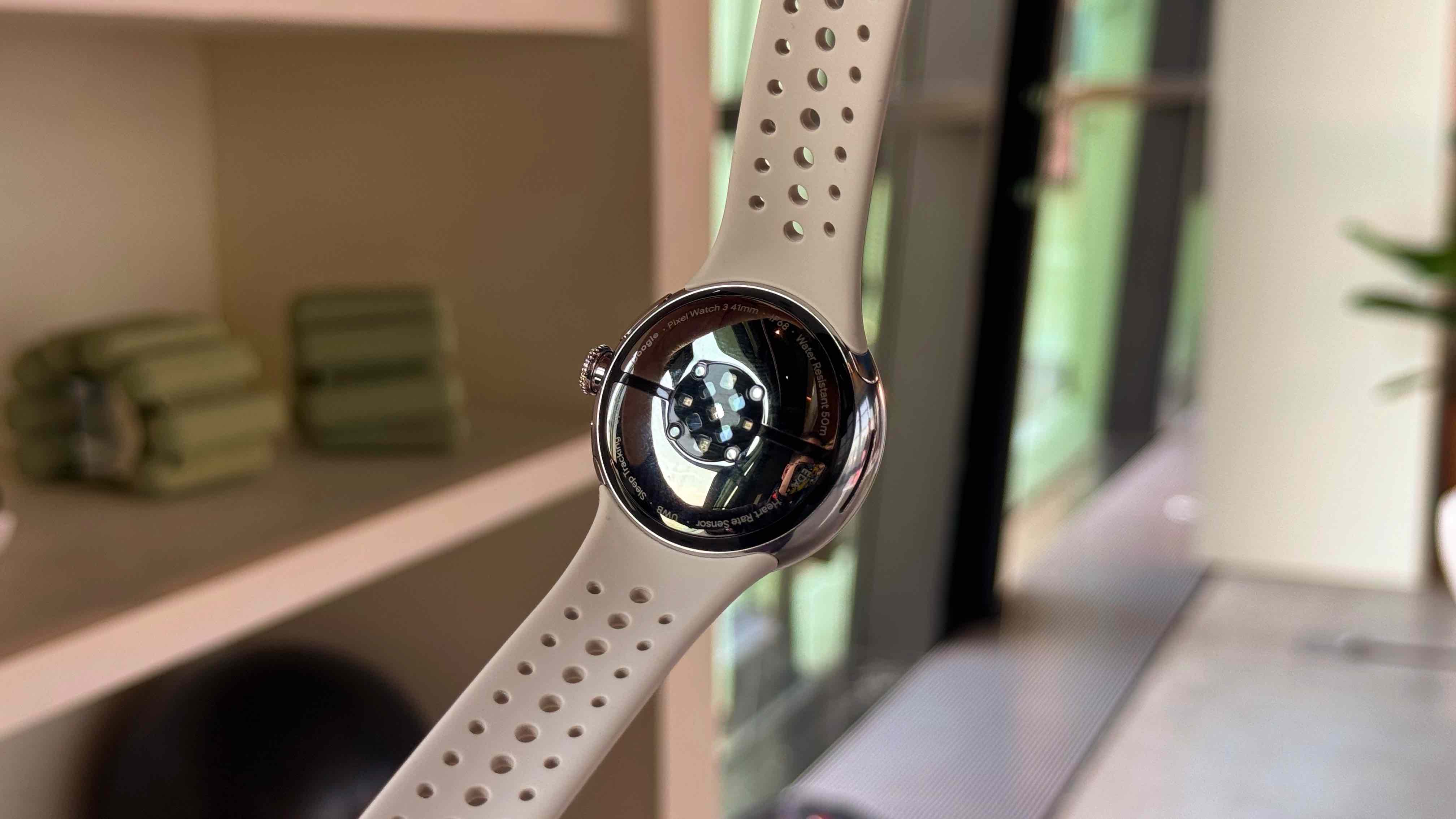








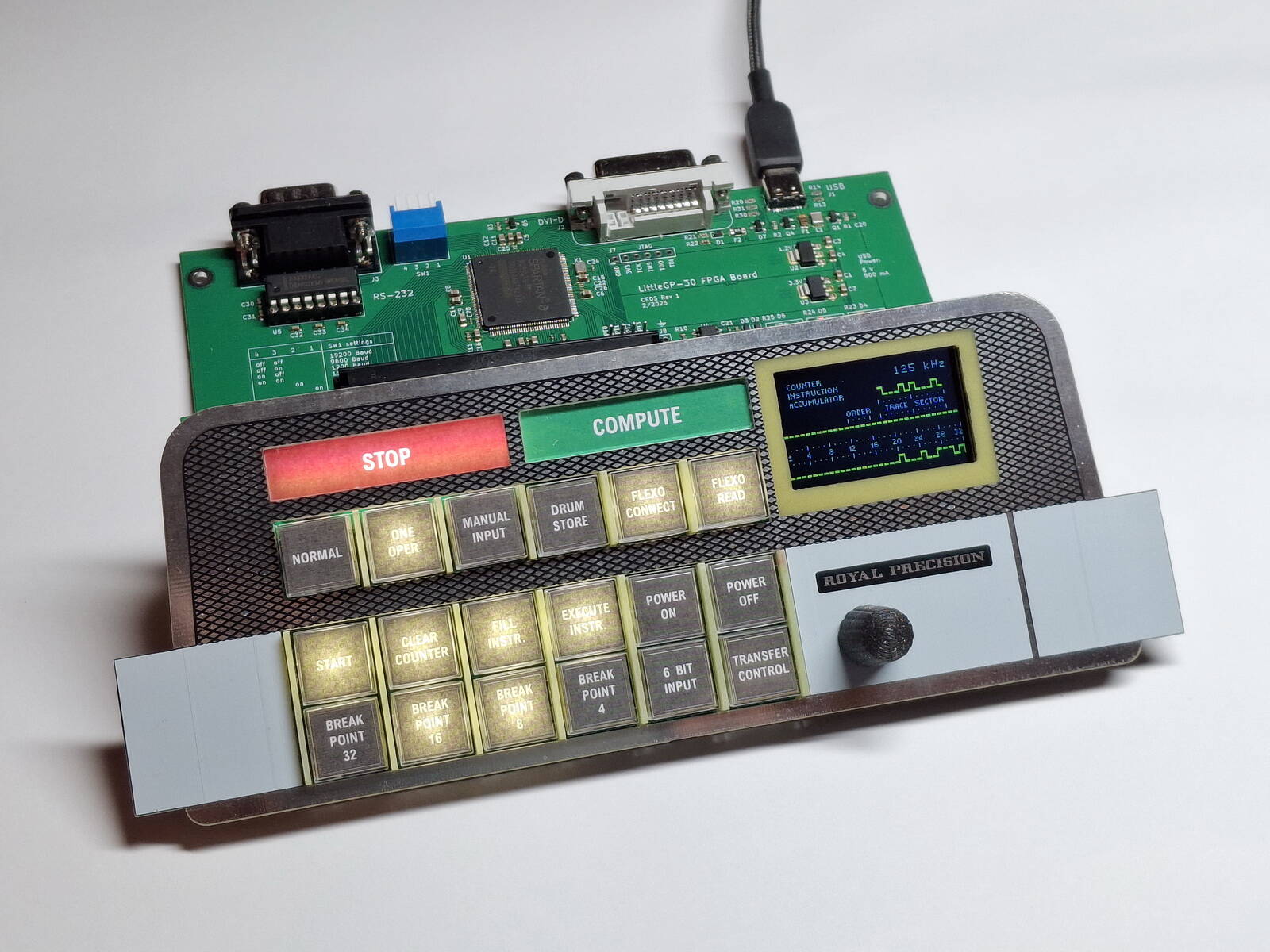













































![[The AI Show Episode 144]: ChatGPT’s New Memory, Shopify CEO’s Leaked “AI First” Memo, Google Cloud Next Releases, o3 and o4-mini Coming Soon & Llama 4’s Rocky Launch](https://www.marketingaiinstitute.com/hubfs/ep%20144%20cover.png)





























































































































































































































































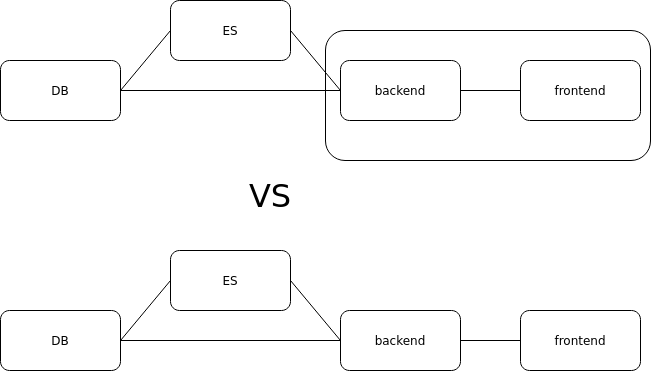















































































.png?#)


.jpeg?#)






.jpg?width=1920&height=1920&fit=bounds&quality=70&format=jpg&auto=webp#)










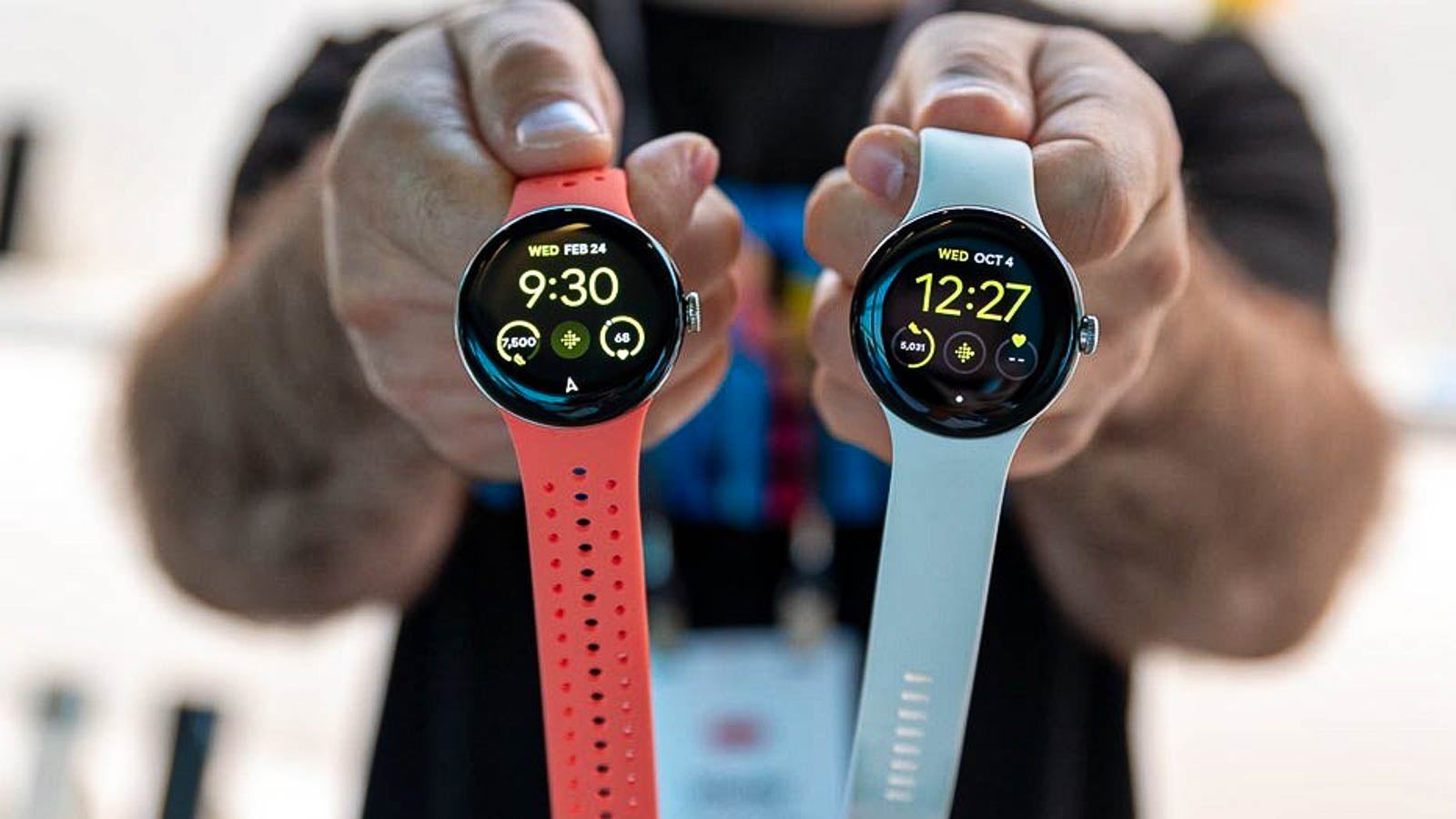


















































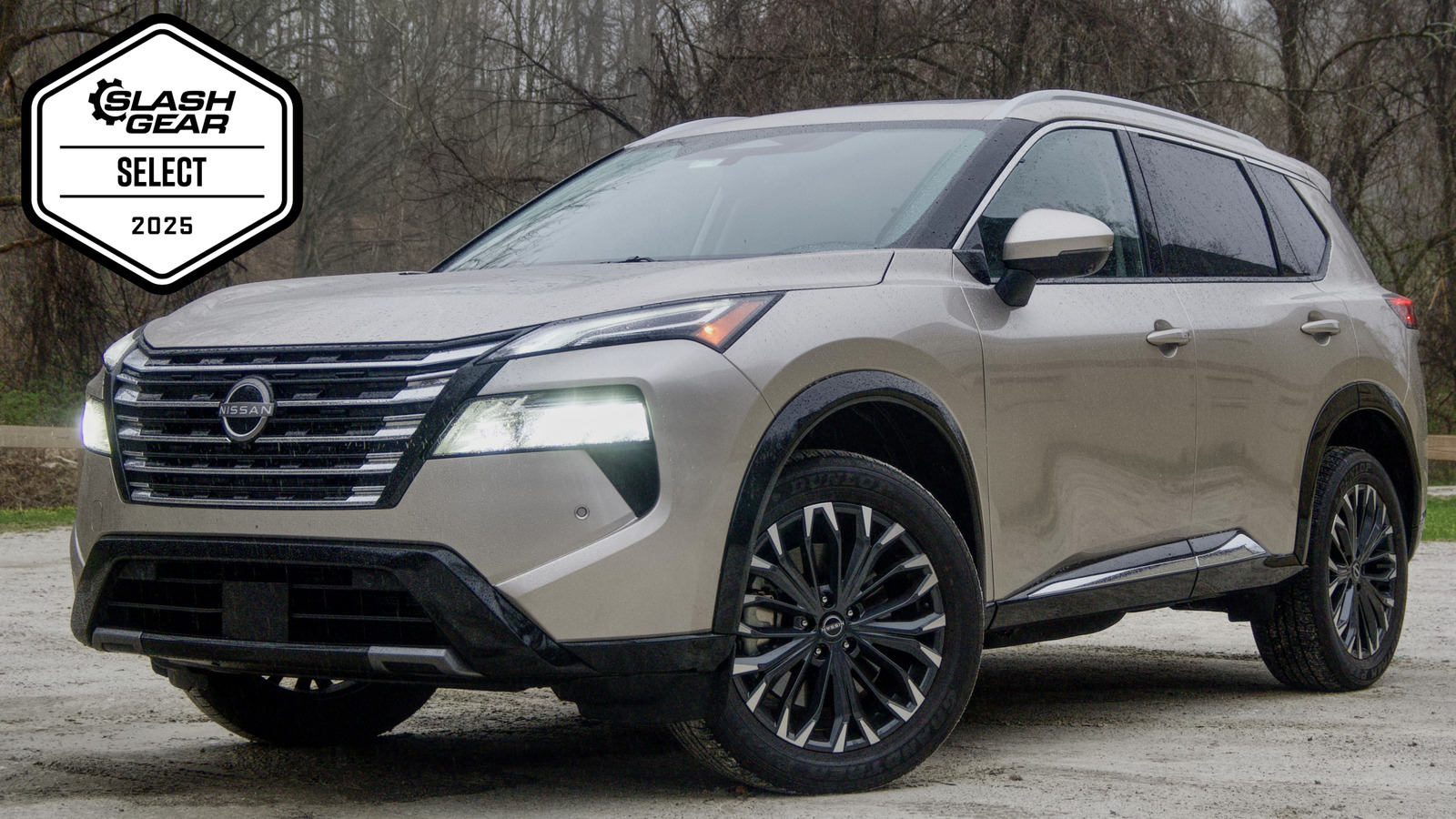
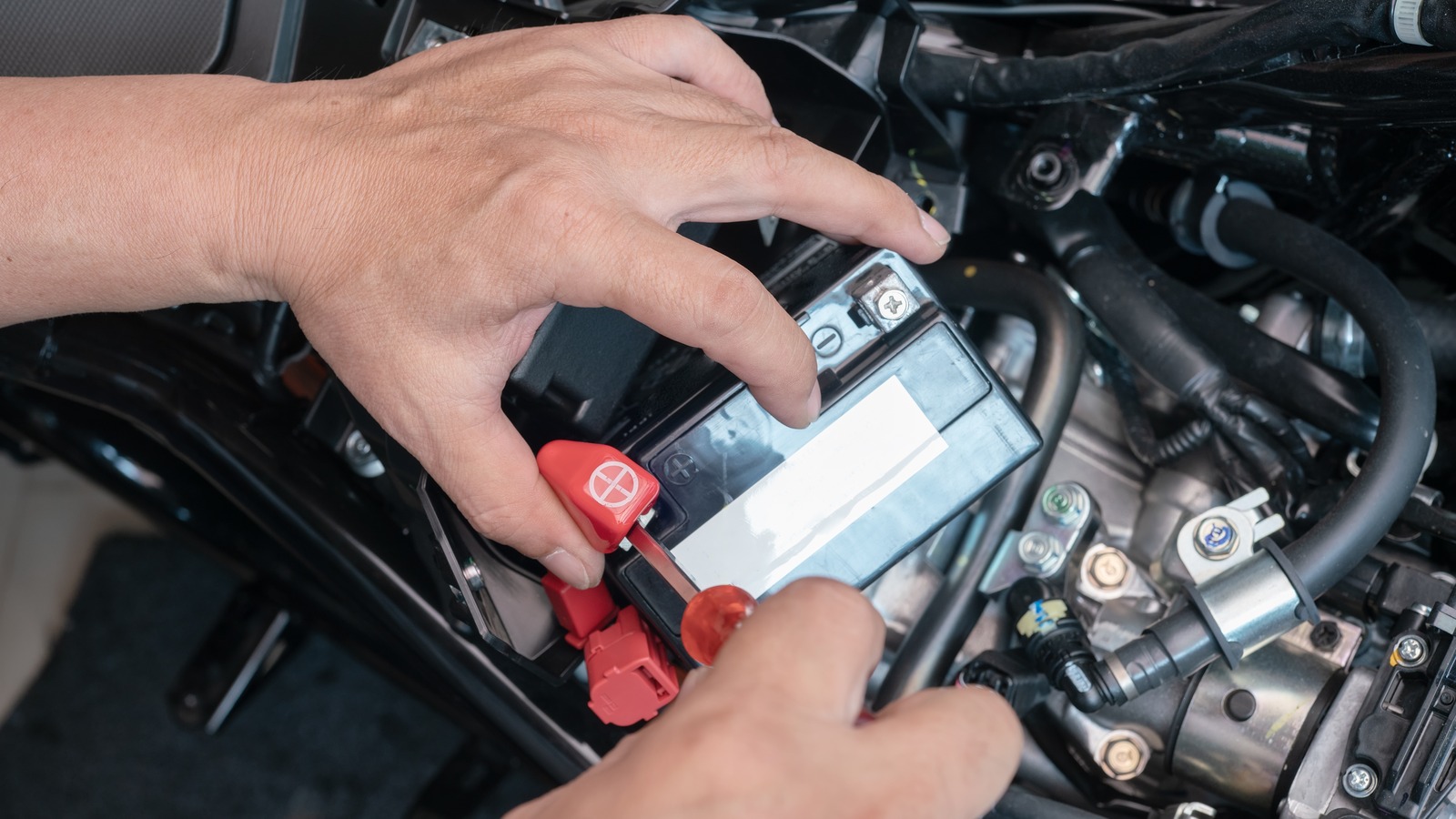
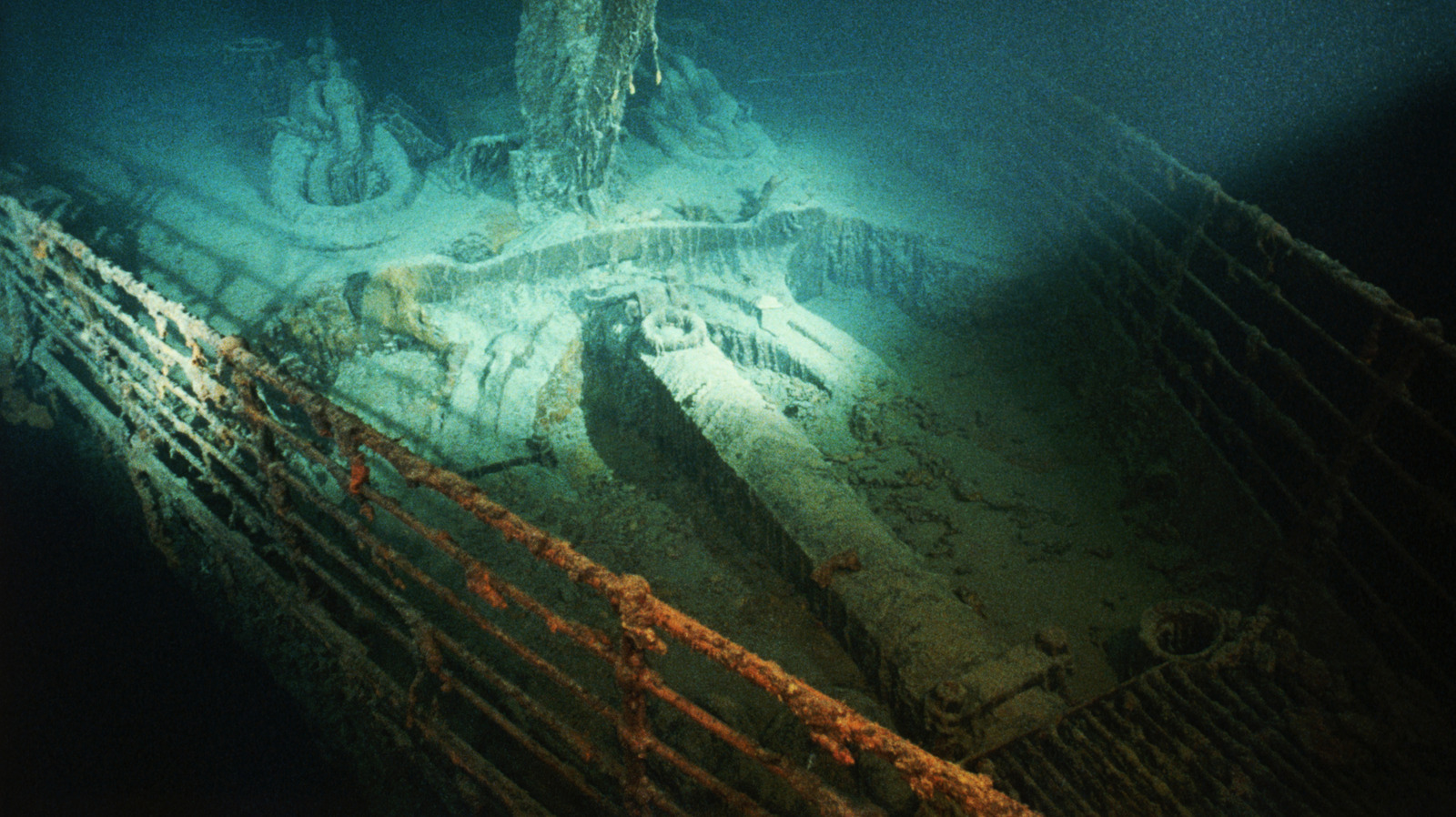












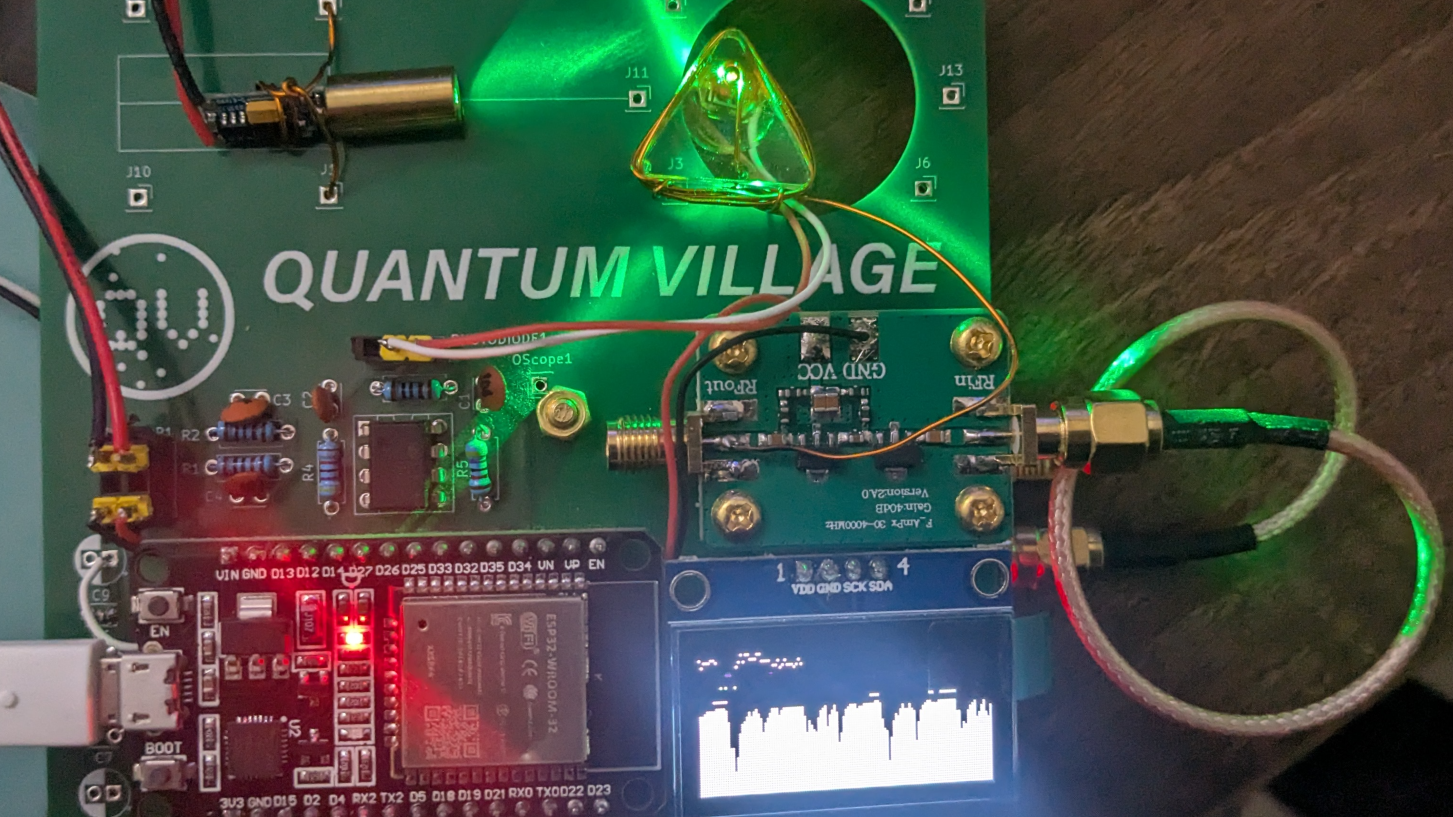

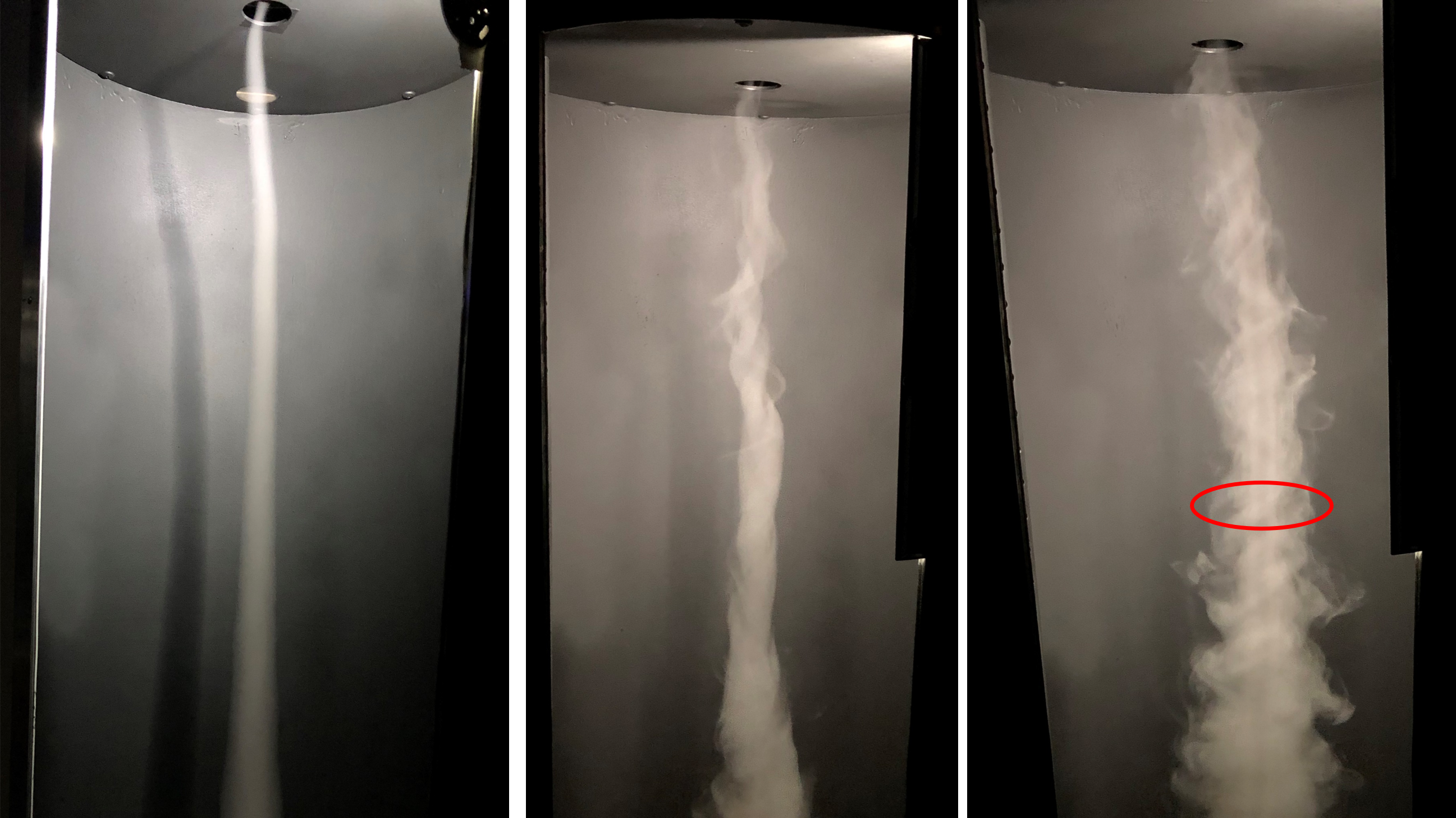





















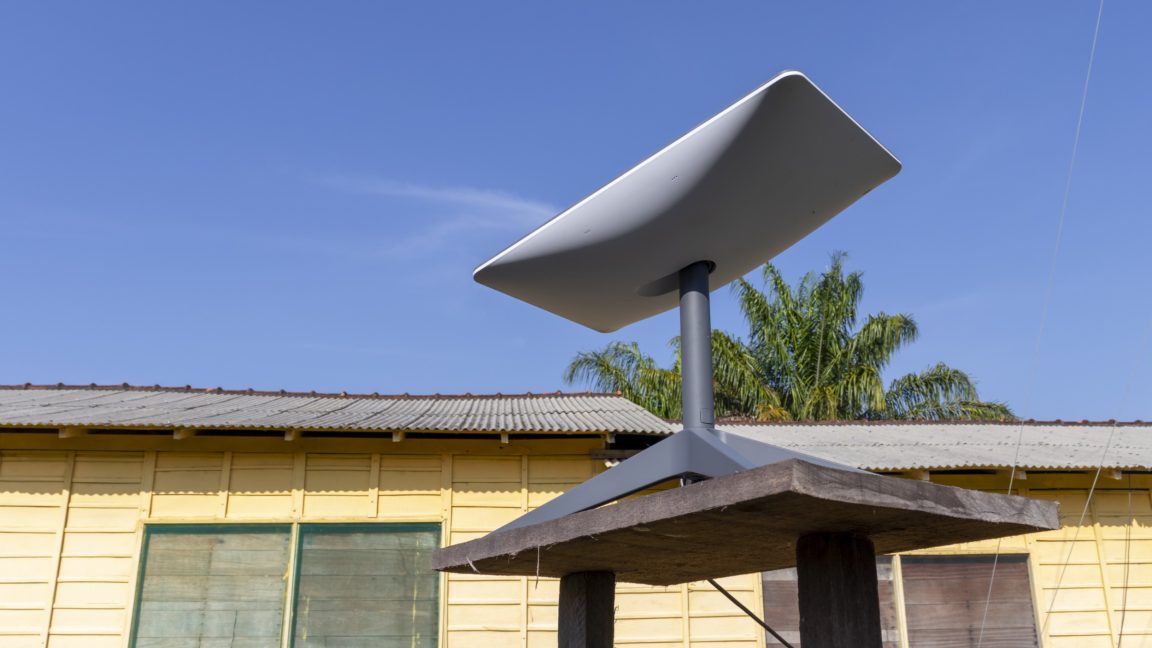


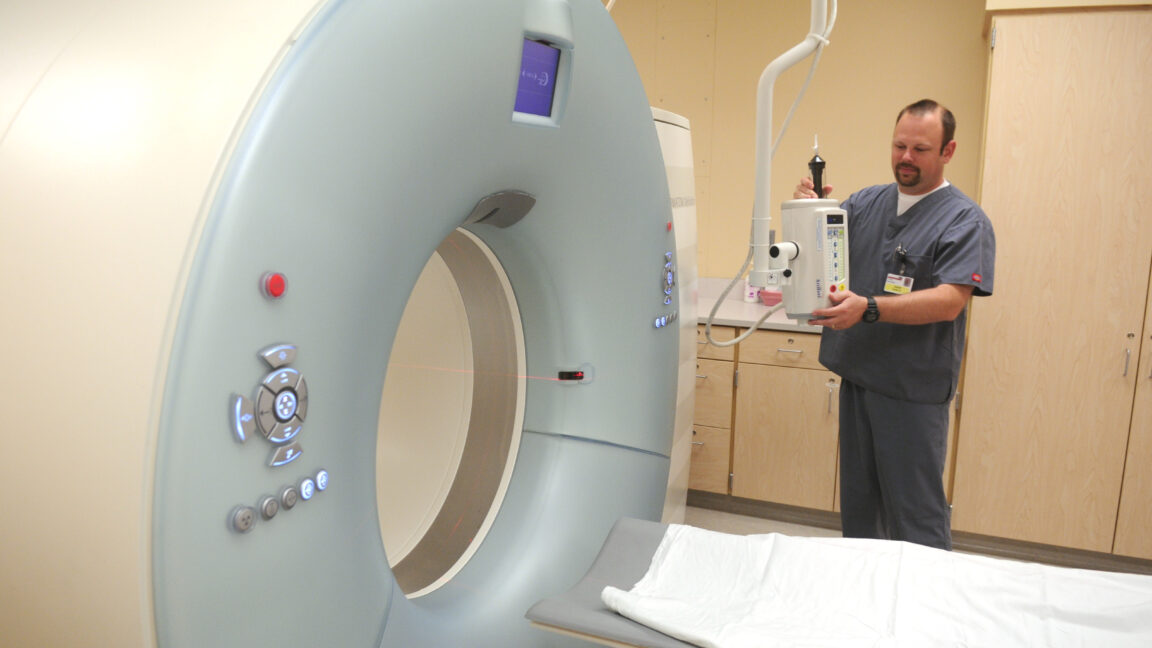


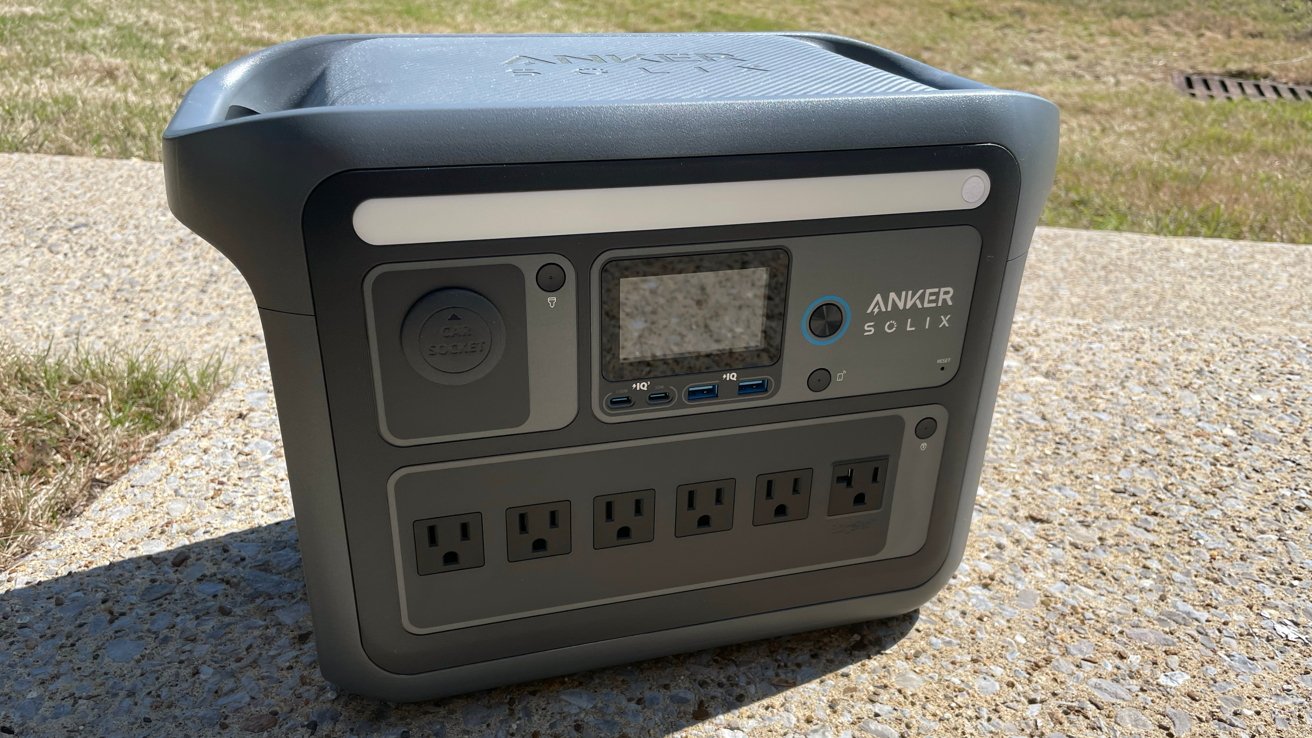

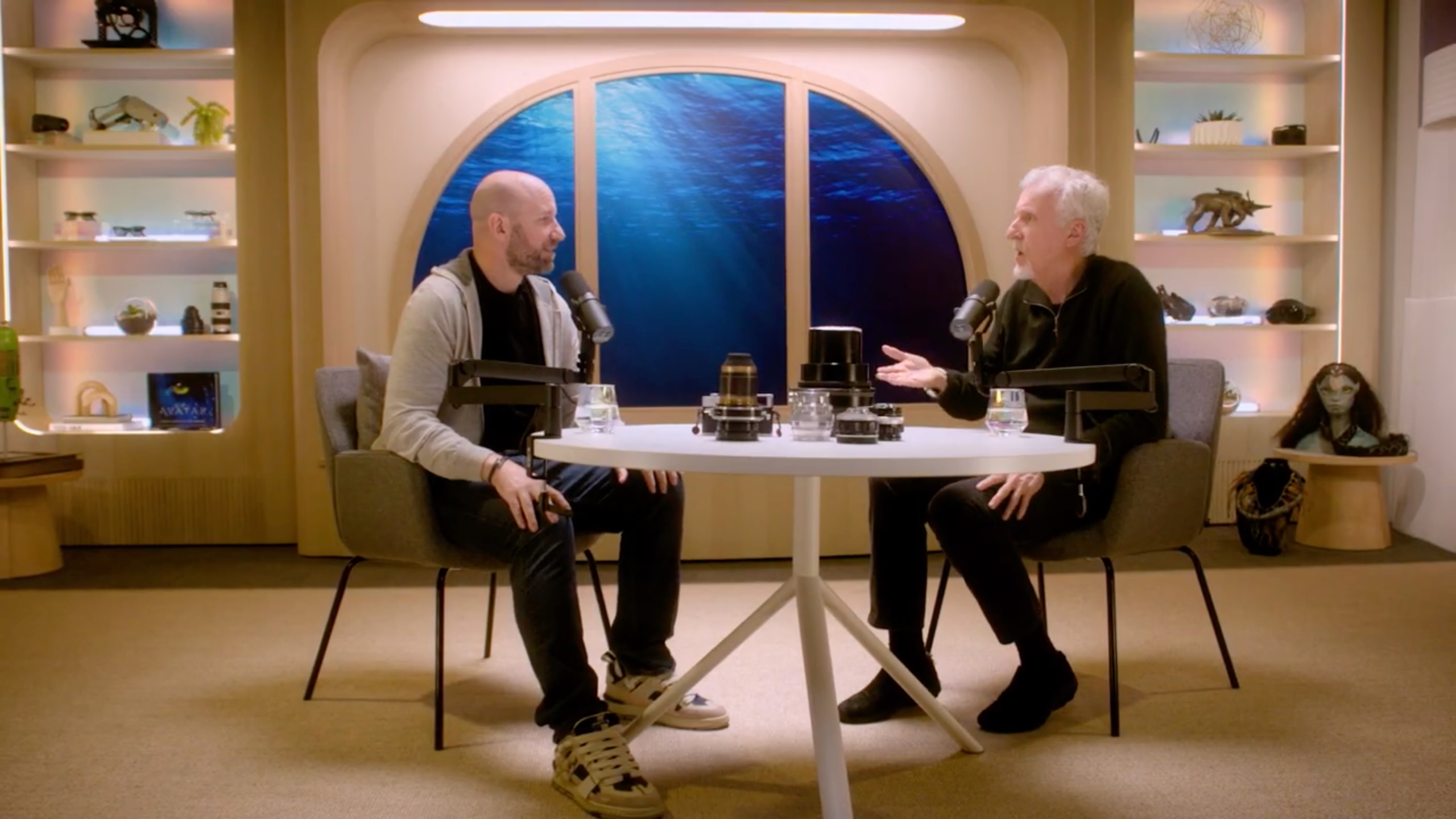


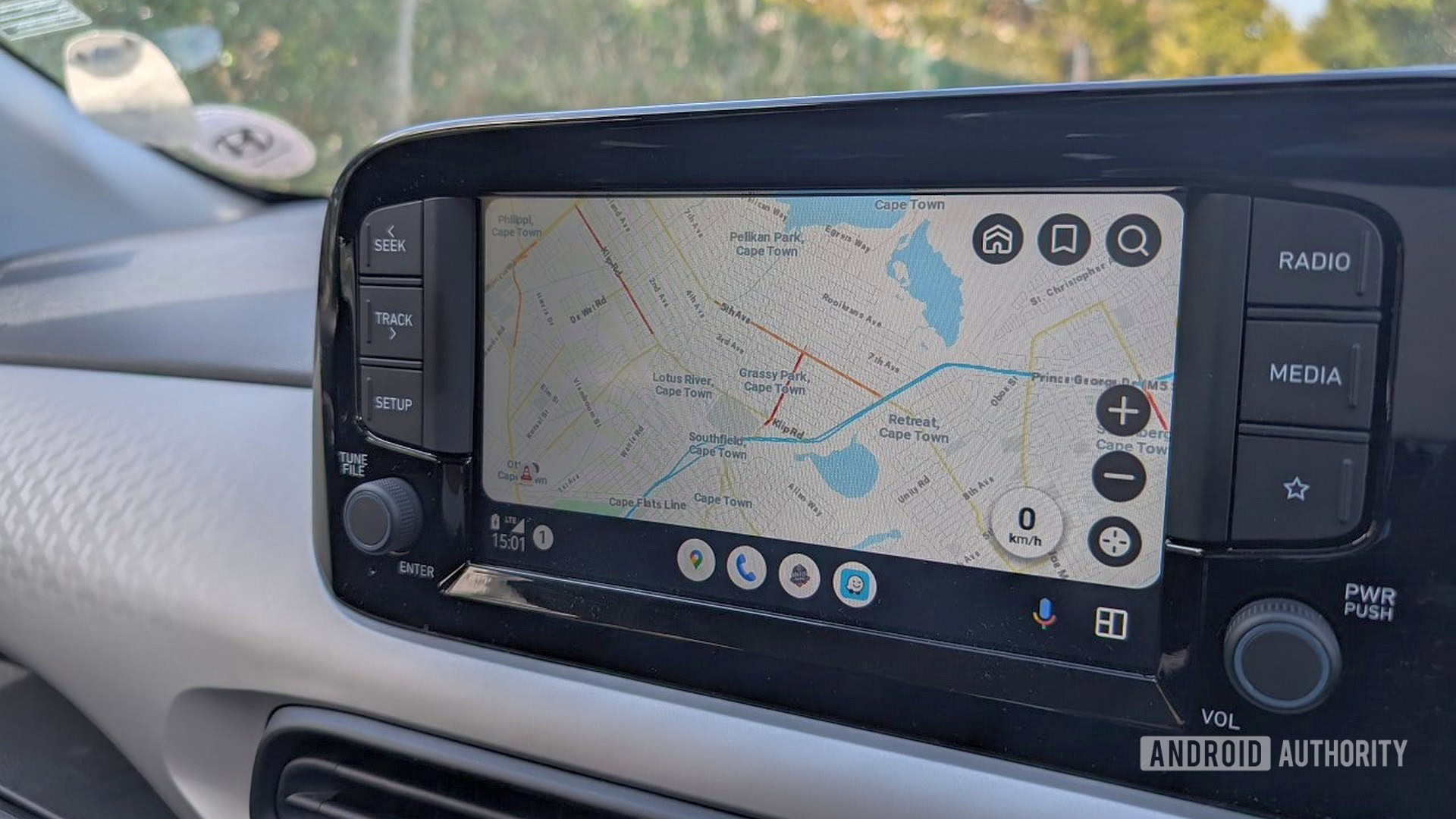




![Leaker vaguely comments on under-screen camera in iPhone Fold [U]](https://i0.wp.com/9to5mac.com/wp-content/uploads/sites/6/2025/04/iPhone-Fold-will-have-Face-ID-embedded-in-the-display-%E2%80%93-leaker.webp?resize=1200%2C628&quality=82&strip=all&ssl=1)


![[Fixed] Gemini app is failing to generate Audio Overviews](https://i0.wp.com/9to5google.com/wp-content/uploads/sites/4/2025/03/Gemini-Audio-Overview-cover.jpg?resize=1200%2C628&quality=82&strip=all&ssl=1)








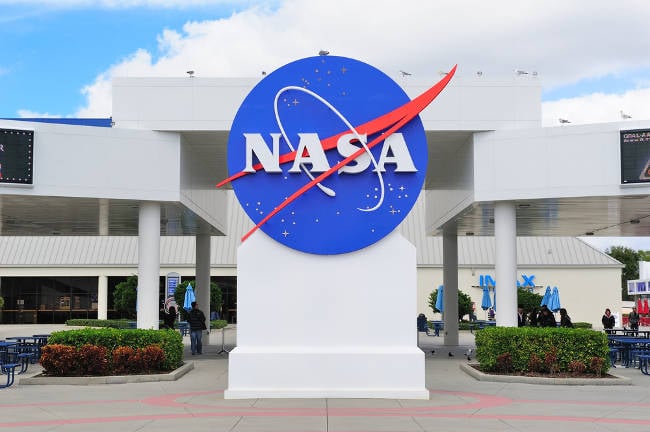




![Apple Seeds tvOS 18.5 Beta 2 to Developers [Download]](https://www.iclarified.com/images/news/97011/97011/97011-640.jpg)
![Apple Releases macOS Sequoia 15.5 Beta 2 to Developers [Download]](https://www.iclarified.com/images/news/97014/97014/97014-640.jpg)














